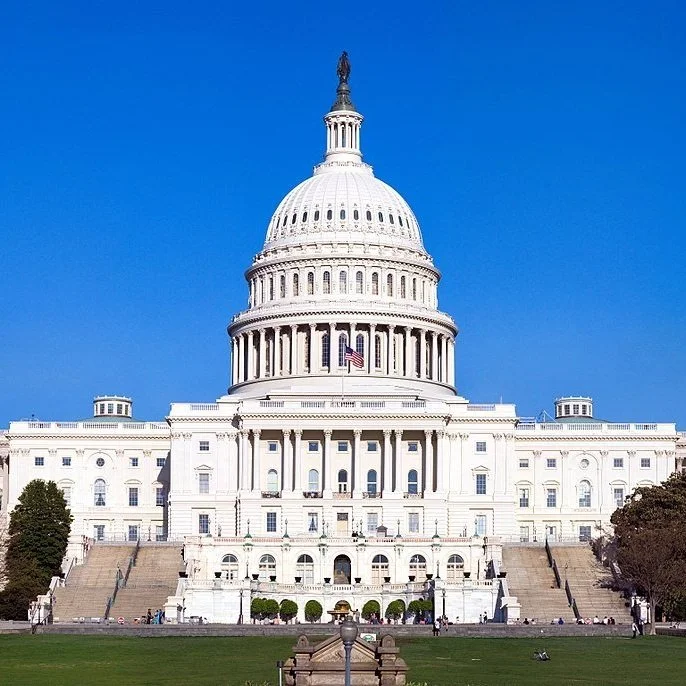IFPTE offered the following statement applauding the passage and enactment of the Social Security Fairness Act, legislation which repeals the Social Security Windfall Elimination Provision (WEP) and Government Pension Offset (GPO).
Read MoreDespite overwhelming bipartisan support, a 327-75 vote of approval in the House, and a strong endorsement for the legislation by President Biden, the Social Security Fairness Act (HR 82, S. 597) has yet to be scheduled for consideration in the United States Senate.
Read MoreAfter the House of Representatives passed the Social Security Fairness Act (H.R. 82) with overwhelming bipartisan support, IFPTE is urging the U.S. Senate to do the same and restore Social Security benefits for some 2.7 million Americans who have already paid for those benefits.
Read MoreThis week, IFPTE joined the broad coalition of unions and organizations representing federal, state, and local government employees and retirees in making the final push to get the Social Security Fairness Act, H.R. 82, through Congress.
Read MoreIFPTE sent a letter to all Members of the House of Representatives requesting additional cosponsors for H.R. 82, the Social Security Fairness Act, and asking Representatives to urge House leadership to advance and pass the bill.
Read MoreIFPTE executive officers sent to House lawmakers a letter urging them to request that House leadership schedule a floor vote to pass the Social Security Fairness Act, a bipartisan bill that would reverse cuts to the earned social security benefits of nearly two million public sector workers or their surviving spouses and dependents.
Read More




